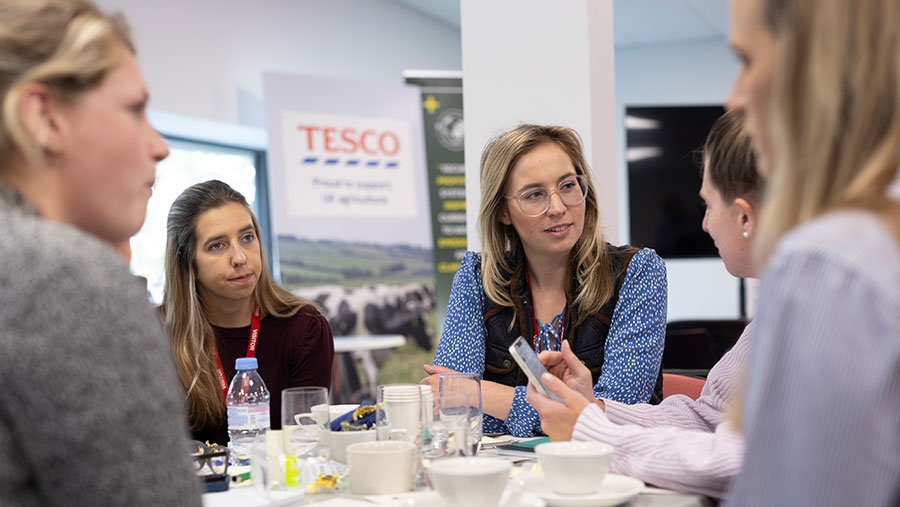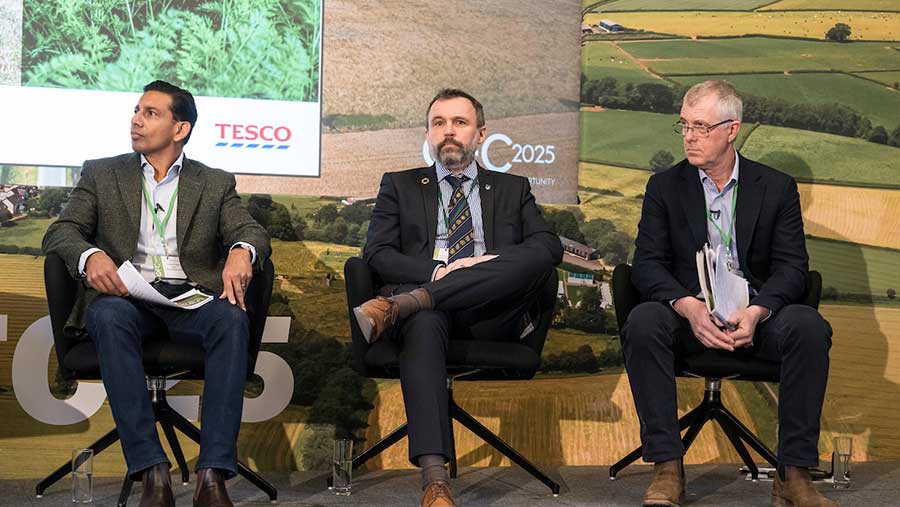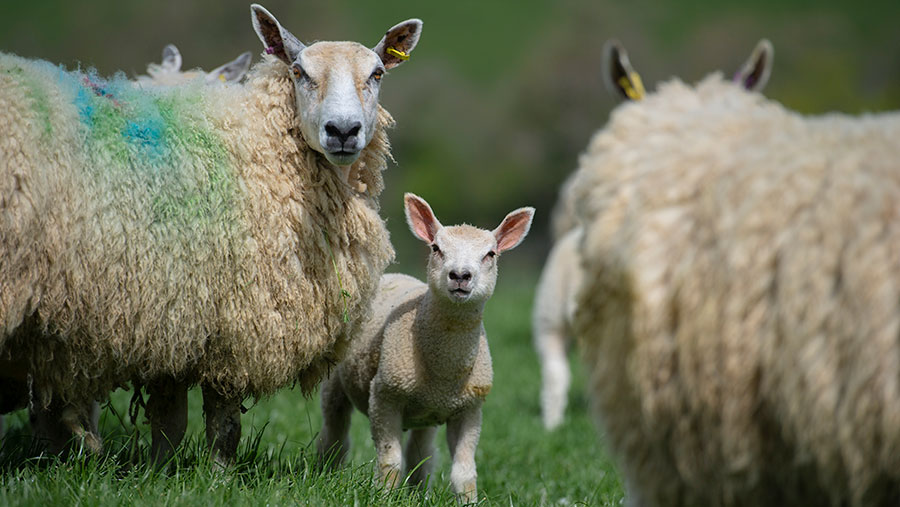Advertiser content
Tesco’s Greenprint report reveals need for clear farming vision
Provided by
Tesco plc is a British multinational groceries and general merchandise retailer headquartered in the United Kingdom at its head offices in Welwyn Garden City, England. The company was founded by Jack Cohen in Hackney, London, in 1919.
Political uncertainty and financial pressures are weighing heavily on the UK farming industry at a time when clarity about its future direction is required urgently, warns the UK’s leading supermarket.
A lack of clarity is affecting farmer confidence and preventing them from making the changes required for long term sustainability.
Tesco’s ‘Greenprint for UK Farming’ report – launched at the beginning of the year in collaboration with Harper Adams University’s School of Sustainable Food and Farming – outlines the pressing need for a clear vision as the farming sector undergoes transformational change.

© Tesco
According to the 300 farmers consulted as part of the report, setting a long-term land use and food security strategy should be a government priority, with 76% of those surveyed reporting they felt unable to implement the environmental measures required to future-proof their businesses.
While the launch of a consultation on land use in England is a good first step, more action is needed from the government if it is going to help farmers accelerate the decarbonisation of the industry and meet climate targets.
Changing agri-environment schemes, together with high investment costs and increased exposure to risk, are further blocking uptake of actions that would make farms more sustainable.
As Tesco’s chief commercial officer Ashwin Prasad explains, one of the main barriers to adopting different management practices and investing in green growth is the uncertainty surrounding the future of farming policy.

From left to right: Ashwin Prasad, Tesco chief commercial officer, Michael Lee, Harper Adams University deputy vice chancellor, and Clive Phillips, Tesco Sustainable Lamb Group farmer © Tesco
“Government policy needs to aid food security and sustainability, not work against it,” he says.
“Farmers desperately need more certainty. After years of policy change, it has become harder than ever for them to plan ahead or invest in their farms.”
Against a background of climate change and the phasing out of direct support payments, the challenges that were already being faced by the UK farming sector were amplified by the October Budget announcement and there is real concern that this will stall future investment plans.
Alongside the recommendations in the report for government, there is also recognition that Tesco and the broader food supply chain need to continue to work together to support farmers to meet net-zero commitments.
Tesco has been working with farmers and growers throughout its supply chains to implement sustainable farming practices that not only reduce their carbon impact but also protect nature.
To this end, the Tesco Sustainable Lamb Group has made significant progress since it was established nine years ago.
By working collaboratively to monitor and reduce emissions from their production systems, the 115 farmer members are paid a premium when they meet mutually agreed environmental and welfare standards.
As Scottish lamb producer and committee member of the group Clive Phillips reveals, the initiative has positively encouraged farmers to adopt new practices and change behaviours, rather than have conditions imposed on them.
“The group has achieved significant progress so far.
“It’s provided a platform for greater transparency and collaboration, offering insights into Tesco’s sustainability requirements and helping farmers to adapt to them.”
Having a good relationship with a national retailer has been of benefit to the entire lamb sector and demonstrates what’s possible through knowledge exchange and a shared vision, believes Clive.
“Initiatives such as benchmarking performance, reducing emissions and enhancing animal welfare have been at the forefront.
“Additionally, the group has worked to secure fairer pricing models and contracts, which provide stability and support for long-term investments in sustainable practices.”

© Tesco
Only by investing in agriculture can the UK create a future food system that is sustainable and works not only for farmers but also for consumers, the economy and the planet.
Read the Greenprint report, A Greenprint for UK Farming: Working in partnership with UK farmers to deliver a more sustainable food system.
